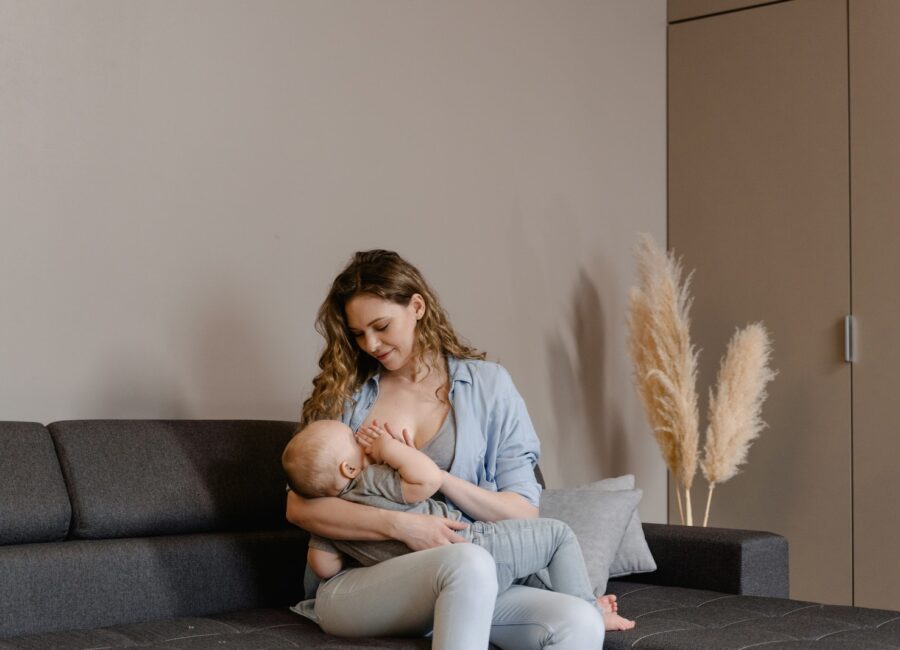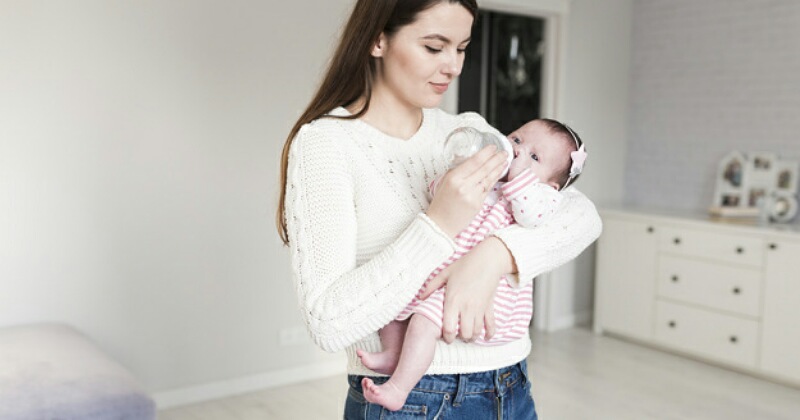
Social and Emotional Development in Infancy – Loving relationships give us a sense of comfort, security, confidence, and encouragement. Not only adults but also babies can feel the benefits. From there, babies and children learn to form friendships, communicate emotions, and face challenges.
Strong and positive relationships also help babies develop trust, empathy, compassion, and a sense of right and wrong.
From birth, babies learn who they are by how those around them treat them. Through daily interactions, parents, relatives, and families send messages to babies, for example, sweet, loved by, Mama is happy to be with him. These messages shape the baby’s self-esteem.
Social development is a condition when the baby can respond well to the circumstances around him. While this emotional development is related to the baby’s ability to recognize, understand, and control the emotions he feels.
For example, a 6-month-old baby doesn’t stop laughing when Mama covers her face with a napkin and then says, “peeky ba.” Whenever Mom tries to put down the napkin, baby says, “uh, uh, uh,” and kicks her arms and legs to let Mom know she doesn’t want to stop. Babies learn that relationships with other people are enjoyable, that they are good communicators, and that their needs and wants are essential.
Social and Emotional Development in Infancy
This development is critical and will continue to grow over time. We’ve rounded up some tips you can do to encourage your baby’s social and emotional development.
1. Responsive care
Responsive care means matching your parenting method with what your baby needs. For example, by ten months, your baby may start kicking, babbling, and grabbing things at mealtimes. That shows that he wants to hold his spoon.

You know that your baby can’t feed on his own yet, so you give him a baby spoon to hold when you provide with another spoon. That is responsive care because you take the time to think about what your baby’s behaviour means and look for ways to support it in infancy.
2. Supports baby’s skill development
When babies play, explore, and follow their interests, it’s time for babies to learn. And the best thing you can do is support it.

Babies develop new skills when you give them enough help to master challenges without becoming frustrated. For example, if you see your baby trying to roll over, you can hold the toy beside him, so he reaches out with his body to grab it.
3. Be affectionate
Touching, holding, comforting, rocking, singing, and chatting with your baby can send a message that they are unique and loved.

While it’s easy to love when your baby is cute and cuddly, it’s also important to be affectionate when your baby is fussy, cries a lot, or is sick. When you can be there for your baby during difficult times, babies learn that they love under all circumstances.
4. Help baby feel safe and have their needs met
You help your baby feel safe and comfortable when you respond to his cries and other forms of communication. For example, lifting a baby when he lifts his arms in the air is as if to say, “Carry me, Mom!”
Babies also feel safe when they get lots of love from you and when their babbling is understood. The love and trust you help share your baby learn that you will always be there for him. This belief builds self-confidence.
5. Show the culture at home to be part of the baby’s routine
A person’s culture is an essential part of who he is. Her relationship with her culture shapes her identity and self-worth in healthy and positive ways.

Introduce your baby to essential people in the family or at home. In addition, you can also choose books and music that reflect the culture of the house. With this habit, the culture at home will quickly become a beloved part of a baby’s daily routine.




